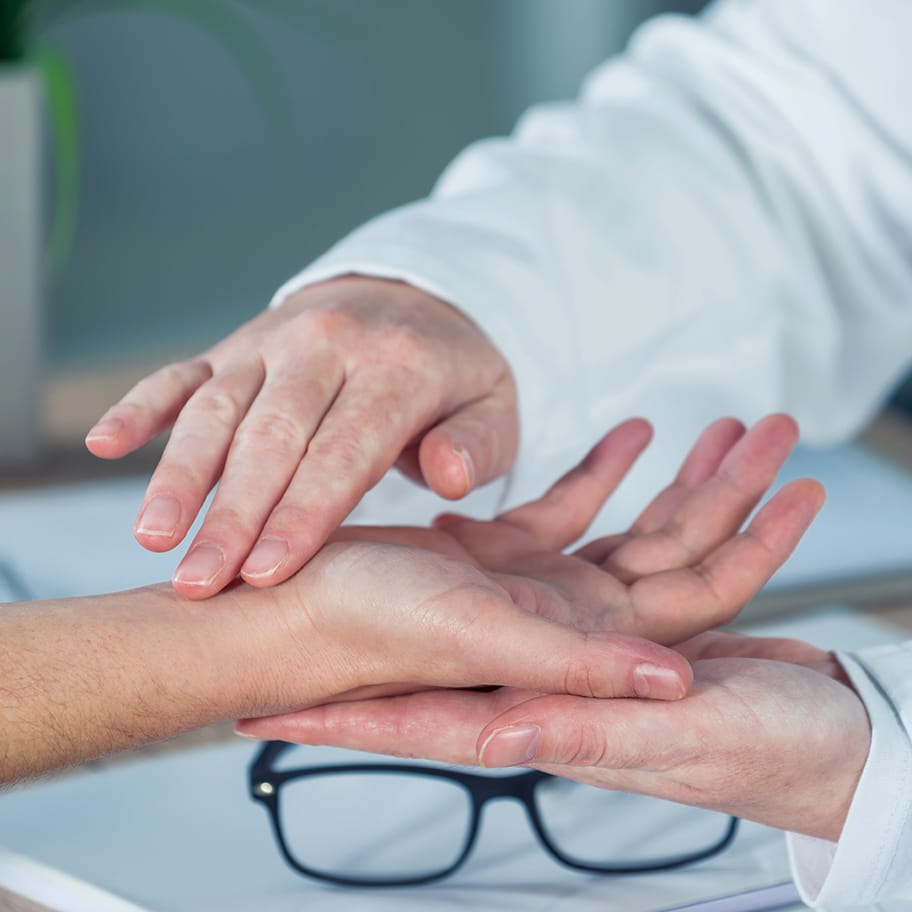Effects of a Nerve Injury
People suffering from a nerve injury experience pain, numbness and a burning sensation in the affected area of the body. It is understood that nerve damage can cause some of the most excruciating pain that a human can suffer. Living with chronic nerve pain can have crippling psychological effects on a person’s life after the injury such as depression.
Proving the Existence of Nerve Injury
Proving the existence and degree of the damage can be a difficult task in a personal injury case. If you or a family member have experienced a nerve injury due to an accident or surgery complications speaking with a solicitor may help shed some light on your entitlements. Nerve injury compensation claims take into account the potentially life-long consequences that the injury which occurred can have on the quality of life of the victim.
Causes
Nerve damage can be a result of a number of different scenarios, causing severe pain and discomfort. Some of these scenarios include:
- Nerves being cut during knee replacement
- Improper administration of anti-blood clotting drugs
- Injury to the brachial plexus when delivering a baby
- Nerves being severed during hip replacement operation
- Insufficient blood supply resulting in oxygen starvation
- Inadequate treatment received during procedures such as acupuncture
- Nerves being exposed when damage to teeth is obtained
Nerve injuries can also happen as a result of improper use of needles by medical staff. The most common case of this is damaging medial and radial nerves when taking blood from an arm. Damage also occurs due to inadequate use of surgical equipment causing nervous inflammation and anaesthetic errors made if precautions are not taken with needles.
Symptoms
Nerves are fibres that transfer different sensations such as pain between the brain, the spinal cord and other areas of the human body. If damage occurs, they can either reduce or increase the sensitivity of the sensations felt. If sensitivity becomes reduced the body part will feel numb, this leaves the person exposed to further injury. When sensitivity is increased, it can lead to a feeling of pain. Some of the injury symptoms include:
- Numbness
- Pins and needles
- Hot or cold feeling in the affected area
- Bursts of pain
- Burning or tingling sensation
- Chronic pain
Nerve injuries can also affect certain parts of body functions. An example of this would be nerve damage to a person’s hand would leave them with reduced ability to hold or lift objects. Unfortunately, there are no scientific proven cures for nerve damage. Symptoms and pain may ease of time and there is treatment available to help reduce pain and discomfort. If you experience any of the signs and symptoms mentioned it is vitally important to pursue a full medical diagnosis and treatment from your local doctor.
Nerve Injury Types
- Ulnar
- Sciatic
- Median
- Radial
- Peroneal
- Axillary
- Tibial
- Nerve Injury in foot
- Nerve injury in leg

